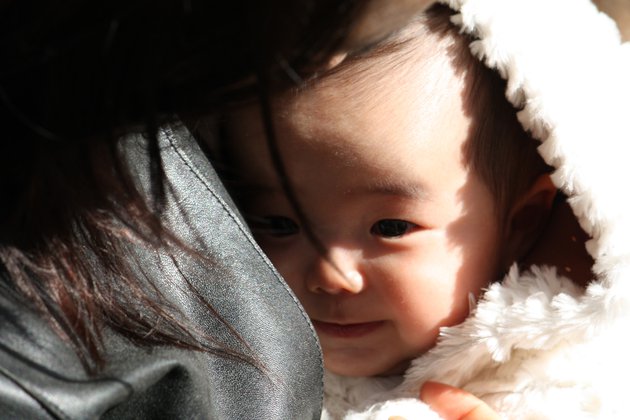
Genpin
Naomi Kawase
The title, Genpin, overlays the words of the Chinese philosopher Lao Tzu, "The valley spirit never dies / It is named the mysterious woman (genpin)." In the film, the obstetrician Yoshimura Tadashi reflects on the relationship between childbirth and death, and observes, more as a human being than a doctor, that to deny death is to deny life. Life born into this world, life that ends at the moment of birth, life that ends before birth. Lives do not cease as a solitary life, but are carried on by the species, and continue. Through the flux of the Japanese seasons, Naomi Kawase entered the circle of the women giving birth at the Yoshimura Clinic and the world of Dr. Yoshimura, who has spent 40 years on the path of natural childbirth, and wove the footage she shot with her own 16mm camera into this film.
biografia
Naomi Kawase is a Japanese film director. She was the youngest person to win the Caméra d’Or (for best debut feature film) at the Cannes film festival, for Moe no suzaku [1997]. Kawase began her career as a film director with autobiographical documentaries. Ni tsutsumarete (Embracing) [1992] documented her search to find her father, whom she had not seen since early childhood, after her parents’ divorce. In her second film, Katatsumori [1994], Kawase portraited her great-aunt, who raised her. These and other intimate family themes are recurrent in Kawase’s nonfiction filmography between 1992 and 2012. Since 1997, she also directed several critical acclaimed and multi awarded full-length feature films. In 2007, Kawase won the Grand Prix at Cannes for Mogari no mori (The Mourning Forest), which explored the themes of death and bereavement that had dominated some of her earlier works.